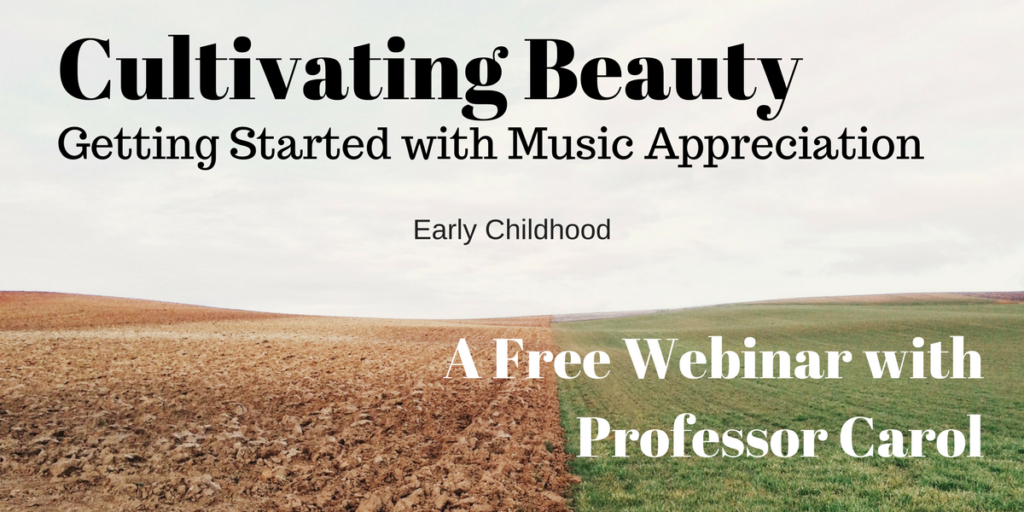Strategies
for Teaching
Members of the Circle of Scholars have free access to all “Strategies” webinars.
Learning Cyrillic
My initial exposure to the Russian alphabet (Cyrillic) came during seventh grade, when my grown-up cousin showed me books for his Russian-language course. Oh, my: these were the coolest thing I had ever seen.
A lot of years passed before I could study Russian, take on undergraduate and graduate courses in Russian history and literature, and be awarded the chance to work on my dissertation in the then-Soviet Union. But all of that process grew out of my fascination with a set of letters.
Perhaps you and yours will enjoy taking a quick tour through this language with me, to see how it developed from the 9th century as a language for translating the Scriptures and liturgical texts, and to follow the changes made by strong-armed rulers like Peter the Great and Lenin. Deciphering the alphabet really does help open doors into the beautiful treasure of Russian music, literature, and art.
Four Classical Works to Jumpstart Your Year
People keep asking us how to get started with Classical Music. There are so many places to begin—good places. In this webinar, Professor Carol recommends four very different works that have much to offer both new and seasoned listeners. The choices may surprise you. They are all short and cover a wide range of styles.
If you do nothing else this school year but spend some time getting to know these works with your kids, you will have accomplished a lot.
Learning Literature Through Music
The session considers 1) how composers turn to literature for themes and inspiration, 2) how musical compositions provide insight into literature and 3) how the two art forms merge into something greater than the sum of its parts.
Examples include Shakespeare’s Romeo and Juliet as set into music by Tchaikovsky and Prokofiev (as well as Bernstein’s West Side Story); Cervantes’ Don Quixote in musical adaptations by Strauss and Ravel; and the transformation of biblical stories into music such as the dynamic oratorio Saul by Handel.
Learning To Read Music 101
I hear it so often—adults who say they wish they had learned to read music. But now, they view it as too challenging or demanding, and have given up.
Well, it’s not too hard, I promise. Remember that little kids used to learn to read music as part of their general education. With music so limited in schools today, however, that exposure is gone. Flooded with recorded music everywhere we turn, some people even ask if reading music is still useful.
It’s more than useful! Reading music is like learning letters to make words and sentences. It unlocks the heritage of our Western music. And, besides that, it’s fun!
Beyond the Frame: Strategies for Teaching Art History
Stuck on dates and biographies? You could begin your study of art from many perspectives that a student might find more compelling, such as chemistry, math, or marketing. Professor Carol suggests practical exercises that teach your students about how art is presented, created, or sold. Art history is not just about what’s inside the frame.
Strategies for Teaching Music in Homeschool
(Grades 1-6)
Music and Art deserve a central place in your curriculum. I want to help you plan ways to bring music and art into your homeschool in the most meaningful way. The arts are not a frill, not just an elective, but a realization of our creative instincts given to us by The Creator.
Children sing before they speak. They dance before they walk.
Strategies for Teaching the Arts
(Grades 7-12)
If you have students past (beyond?) the elementary level, this is not the time to drop the arts from your curriculum. The goals may change, but the benefits remain.
The Benefits of Enduring Music for Young Children
Music plays an essential role in a child’s development from the earliest ages. Professor Carol presents strategies for obtaining the developmental, educational, and cultural benefits of music for all kids from pre-K through elementary.
Classical Music: Feeding Our Soul, Spirit, and Intellect
What makes music classical? Who decides? And if classical music is deemed to be better, what makes it so? Moreover, can music that is, in fact, not beautiful or harmonious be considered classical? In this session we will look at the five elements of music and how we perceive them. We’ll examine music as part of the Western canon, consider the power music has to nourish our souls, enliven or debase our spirits, and challenge our intellects.

Free Recorded Sessions